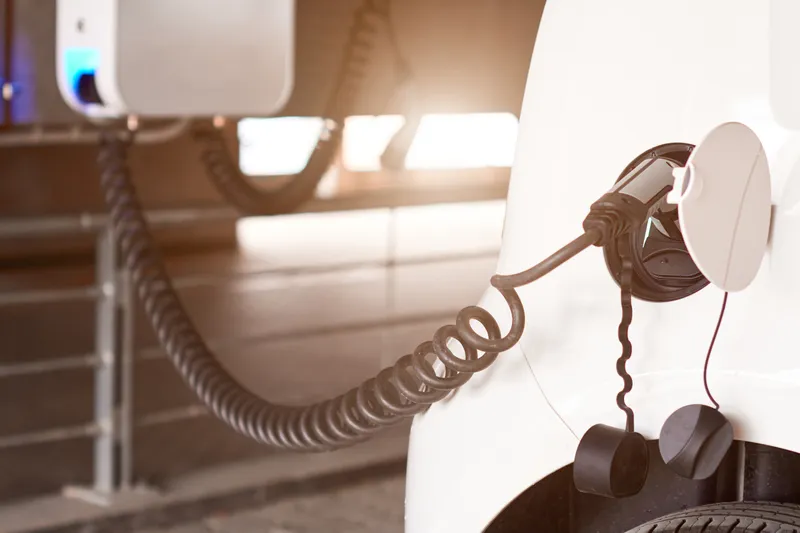“The fact that we are starting production of hybrids now is tremendously inspiring and important for future product development since some form of hybrid technology will exist in most trucks in the future. Hybridization is definitely an important piece of the puzzle for more fuel efficient transport,” says Claes Nilsson, president of Volvo Trucks' European division.
Hybrid technology is best suited to dense urban traffic where the number of stop-start cycles is high. To ensure the right level of quality and service, field tests have been held with a number of Volvo customers since spring 2008. Depending on the driving cycle, the Volvo FE Hybrid can cut fuel and carbon dioxide emissions by between 15 and 20 per cent. In addition, using the electric compactor on the hybrid refuse trucks, up to 30 per cent can be saved.
The Volvo FE Hybrid is a parallel hybrid, which means that energy from the diesel engine and electric motor can be utilised either together or independently of one another. The system switches automatically between the two power sources. When the hybrid is driven in first gear, the vehicle is powered solely by its electric motor, giving the driver alert throttle response and thus excellent driveability. Then, when the hybrid mode kicks in, the diesel engine and the electric motor will work in parallel to optimise fuel savings.
“The hybrid truck whispers its way around the streets, which improves the environment for the residents and, of course, for the people who operate the vehicle every day. During acceleration, the noise level is half that of a conventional diesel truck,” says Nilsson.









